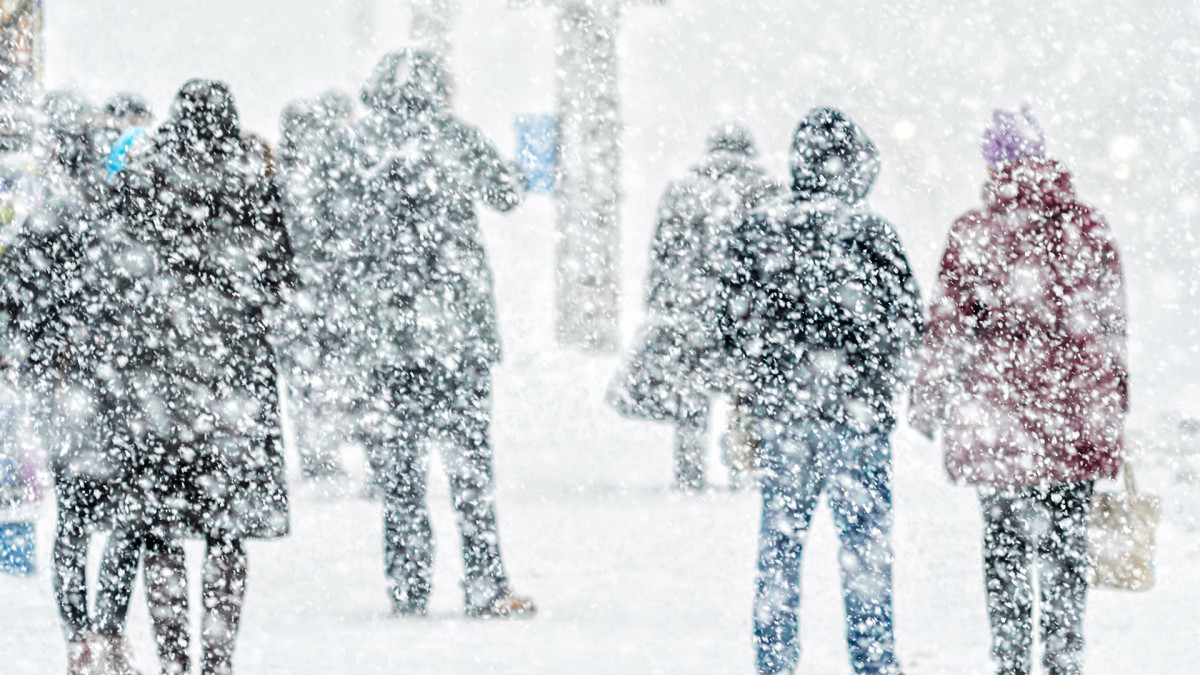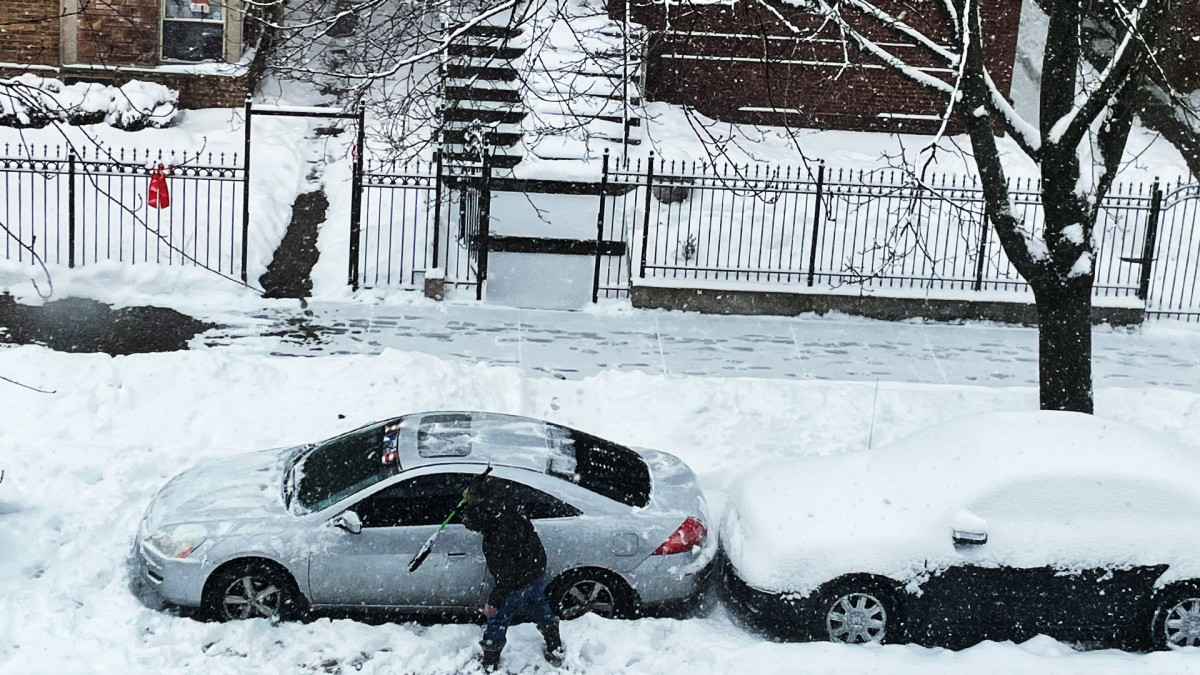
Arriving in the U.S. along with the new year are a number of winter storms slamming various regions of the country, including the Central Plains, Great Lakes and New England.
These winter weather events inevitably carry with them some danger and a number of hassles.
Related: Costco takes on a problem bigger than retail theft
Included among these are icy roads and sidewalks that pose obvious threats to personal safety.
Beyond that, people are forced to contend with power outages, frozen pipes and shoveling snow. Health problems can also arise due to too much exposure to the elements, such as frostbite and hypothermia.
But the Federal Trade Commission (FTC) has now issued a warning about some scams criminals engage in to profit from others' misery.

Kevin Levick/TheStreet
How to look out for illegal schemes
The FTC published a consumer alert on Jan. 9 explaining that scammers are paying attention to the paths of storms in order to target unsuspecting victims.
"Weather emergencies mean big bucks for scammers and unlicensed contractors," the alert stated. "They'll appear right after a storm and offer to get your power back on, make essential repairs, or help with whatever you need. But if you pay them, they'll take your money and disappear, charge you for things you don't need, or leave before completing the work you paid them to do."
The FTC said one of the schemes involves utility worker imposters.
"Utility imposters work year-round, but after a storm, they might call or knock on your door saying they need to repair or replace equipment," the agency wrote. "Then they'll ask you to pay. Don't pay them. That’s a scam."
It's also important to only hire contractors who are licensed and insured.
"Check with your state or county government to confirm a contractor's license," it urged. "Ask the contractor for proof of insurance and a written contract."
The consumer alert also highlighted the fact that you should never pay in cash.
"Paying by credit card offers you some protections," it said. "And only pay in full after the work is done and you're satisfied with it."
Other scams to be aware of
If a winter storm does sufficient damage to your home or livelihood so as to cause you to be permanently or temporarily estranged from either, scammers are waiting for those opportunities as well, the FTC said.
"Be wise to rental listing scams," the FTC wrote. "If you're looking for a place to live, steer clear of people who tell you to wire money or who ask for security deposits or rent before you've met or signed a lease."
"Some scammers hijack a real rental or real estate listing by changing the email address or other contact information, and placing the modified ad on another site," it continued. "Other rip-off artists make up listings for places that aren't for rent or don't exist, and try to lure you in with the promise of low rent or great amenities."
If you find yourself out of work, be aware of job scams as well.
"To trick people looking for honest work, scammers advertise where real employers and job placement firms do," the agency said. "They lie about your chances of getting a job and often ask you to pay before you get one — which is a sure sign of a scam."
If you suspect a scam, the FTC wants you to report it and the agency listed a website to use where you can do just that.
Get exclusive access to portfolio managers and their proven investing strategies with Real Money Pro. Get started now.







